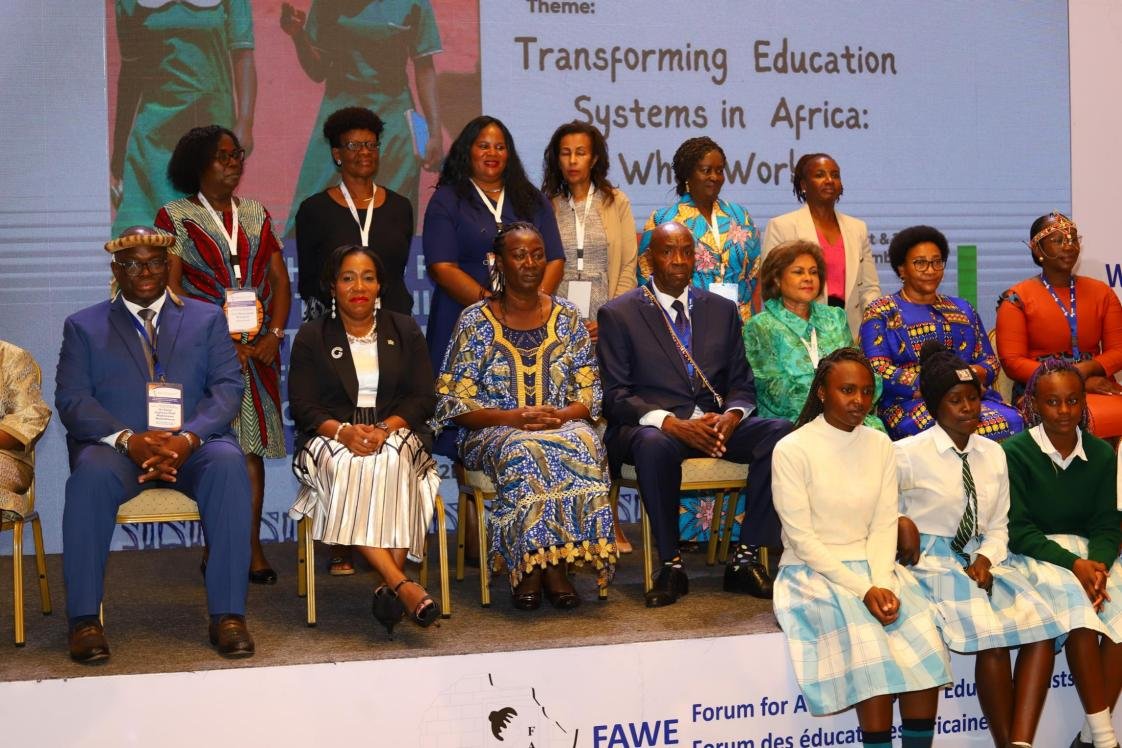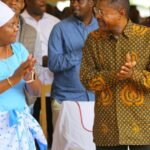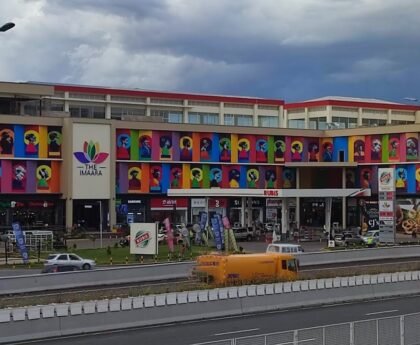The Forum for African Women Educationalists (FAWE) celebrated its 30th anniversary during its triennial conference this past week in Nairobi, marking three decades at the forefront of a mission to achieve gender parity in African education.
Since June 1993, FAWE, has envisioned education as a catalyst for change, particularly for African girls and women.
Operating in over 32 countries across Africa, the organisation has become a beacon of hope, clear in its mission not only to grant access to education but to empower girls toward self-reliance and productivity.

During this year’s conference, FAWE leadership encouraged women’s participation in leadership positions and integrating the gender agenda into broader development discussions.
Collaborating with communities, schools, civil society, and ministries, Executive Director Martha Muhwezi advocated for policies that create positive learning environments and equity across Africa.
Personal stories shared during the conference echoed FAWE’s impact, notably with a growing trend of governments adopting re-entry policies for girls facing pregnancy-related interruptions.

FAWE’s outreach programs extended beyond conventional strategies with initiatives such as “Save Me” and “Imarsha maisha” have helped to address challenges such as early marriages including rescuing girls from harmful traditional practices.
Teresa Omondi, FAWE’s deputy executive director and head of programs, said the forum is dedicated to enhancing access to quality education, skill development beyond classrooms, and continuous improvement.
Omondi went on to urge stakeholders to invest in initiatives to expand early childhood education programs, address challenges posed by climate change, and promote Science, Technology, Mathematics, And Engineering (STEM) education.
FAWE Africa’s Chairperson, Simone de Comarond, acknowledged FAWE as a transformative force, reshaping the education landscape across Sub-Saharan Africa.
“FAWE is not merely an organisation; it is a transformative force, reshaping the education landscape for girls across sub-Saharan Africa. Over the years, we have witnessed dreams materialize, observed the profound impact of knowledge on communities, and embraced the transformative power of education.” said Comarond.
According to Comarond, the impact of collective effort should not be solely measured in numbers but in the lives transformed, the dreams realised, and the communities empowered.
She acknowledged FAWE’s success in assisting over 3 million girls in accessing education and training opportunities in Africa through partnerships, collaboration, and evidence-based advocacy.
The board chair extended heartfelt appreciation to every individual who had been part of FAWE’s journey through the thirty years, recognizing founders, past and present members, leaders, development partners, dedicated educators, and staff.




